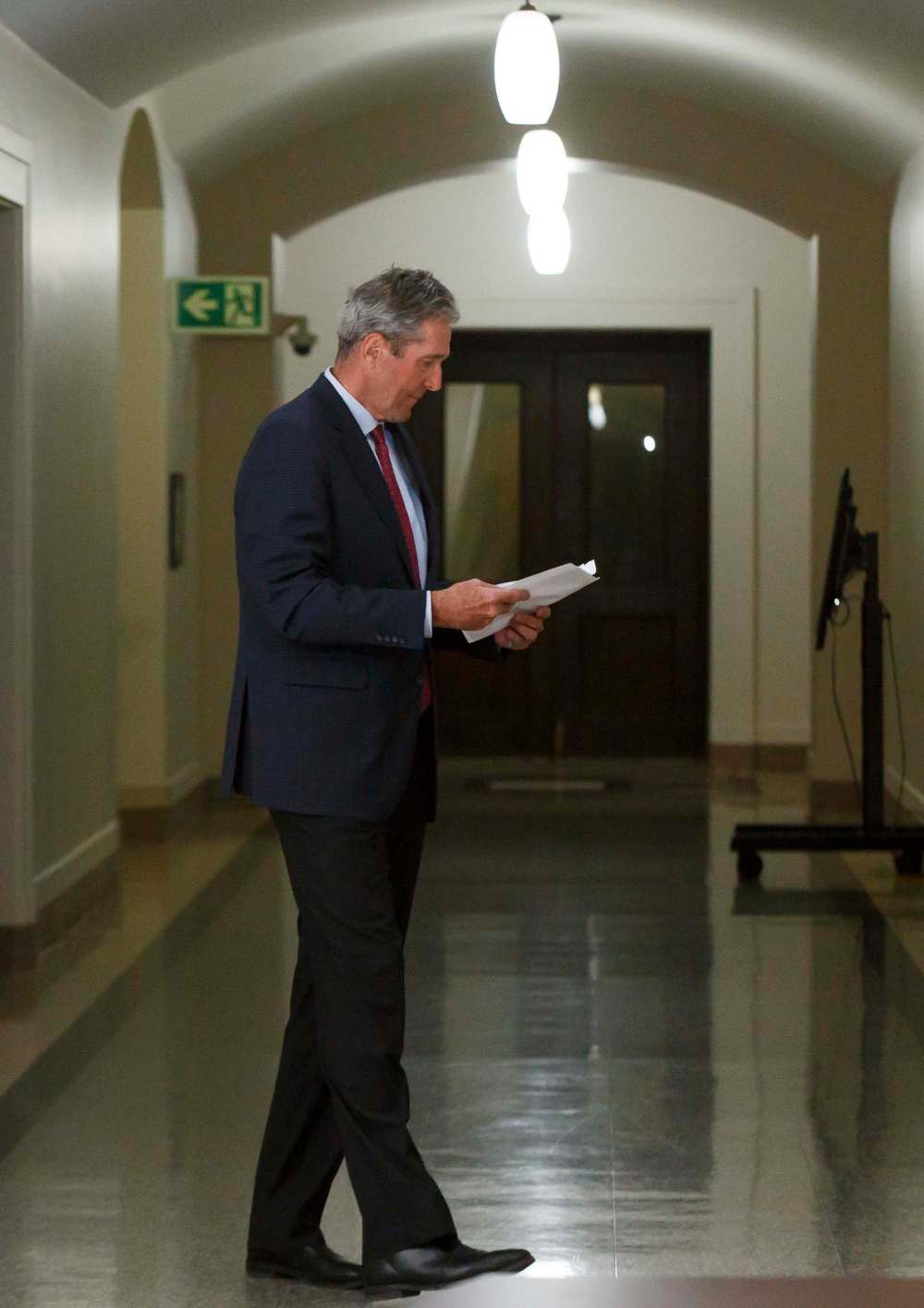Steer unused funds to struggling businesses
Read this article for free:
or
Already have an account? Log in here »
To continue reading, please subscribe:
Monthly Digital Subscription
$19 $0 for the first 4 weeks*
- Enjoy unlimited reading on winnipegfreepress.com
- Read the E-Edition, our digital replica newspaper
- Access News Break, our award-winning app
- Play interactive puzzles
*No charge for 4 weeks then billed as $19 every four weeks (new subscribers and qualified returning subscribers only). Cancel anytime.
Read unlimited articles for free today:
or
Already have an account? Log in here »
Hey there, time traveller!
This article was published 02/06/2020 (1421 days ago), so information in it may no longer be current.
It appears the Pallister government will fall well short of spending the $240 million it earmarked for two COVID-19 relief programs; one designed to help struggling businesses survive the pandemic-ravaged economy, the other to provide summer jobs for students.
The Manitoba Gap Protection Plan (MGPP), introduced in April, provides forgivable loans of up to $6,000 to small and medium-sized companies. Government budgeted $120 million for the program. But so far, only $29 million has been spent, with grants going to about 4,700 recipients.

The Summer Student Recovery Jobs Program also has a budget of $120 million. The program provides wage subsidies to companies that hire summer students, up to a maximum of $5,000 per job. Only a fraction of that — about $10.5 million — has been committed. Business groups say it’s unlikely that amount will grow significantly in the coming weeks as many companies expect to operate at reduced capacity.
One of the reasons for the MGPP’s low take-up is that businesses are ineligible for the benefit if they receive federal grants. Premier Brian Pallister has said the MGPP is designed to “fill in the gaps” where federal support falls short. He says the province shouldn’t duplicate what Ottawa is doing. However, by making the programs mutually exclusive, the province is forcing companies to choose between provincial and federal assistance. That may help Pallister limit his government’s financial exposure in the short term (it appears it’s doing just that). But it could also prove fateful in the long run, since many companies will need both federal and provincial support to avoid bankruptcy.
Drawing from a federal program, such as Ottawa’s 75 per cent wage subsidy, shouldn’t disqualify a business from accessing provincial support. It should not be either-or. Companies, especially those mandated by government to close their doors for the past two months, have a multitude of fixed costs and expenditures related to reopening that a single federal or provincial program can’t cover. The two levels of government should be working in tandem to provide the required assistance, not cancelling out each other’s programs.
Business groups have already called on the province to redirect some of the unspent money to broaden support for companies in need. Funding for personal protective equipment, and other costs related to maintaining safe workplaces, have been cited as possible areas where those funds could be repurposed.
One immediate step the Pallister government could take is to change the MGPP’s eligibility to allow all businesses in need to access the program, whether they’re receiving federal assistance or not.
One immediate step the Pallister government could take is to change the MGPP’s eligibility to allow all businesses in need to access the program, whether they’re receiving federal assistance or not. As Phase 2 of the reopening gets underway this week, many companies are still struggling to pay their rent and cover other fixed costs. A federal rent assist program (funded in part by the provinces) for commercial property was rolled out last week. However, many companies have been excluded because their landlord has either declined to participate, or they don’t meet the eligibility requirements.
Making the MGPP available to all would help some companies pay their rent, or cover other critical costs. The $240 million from the MGPP and the student job program has already been allocated. The Pallister government should ensure all of those funds get into the hands of struggling businesses as quickly as possible.





